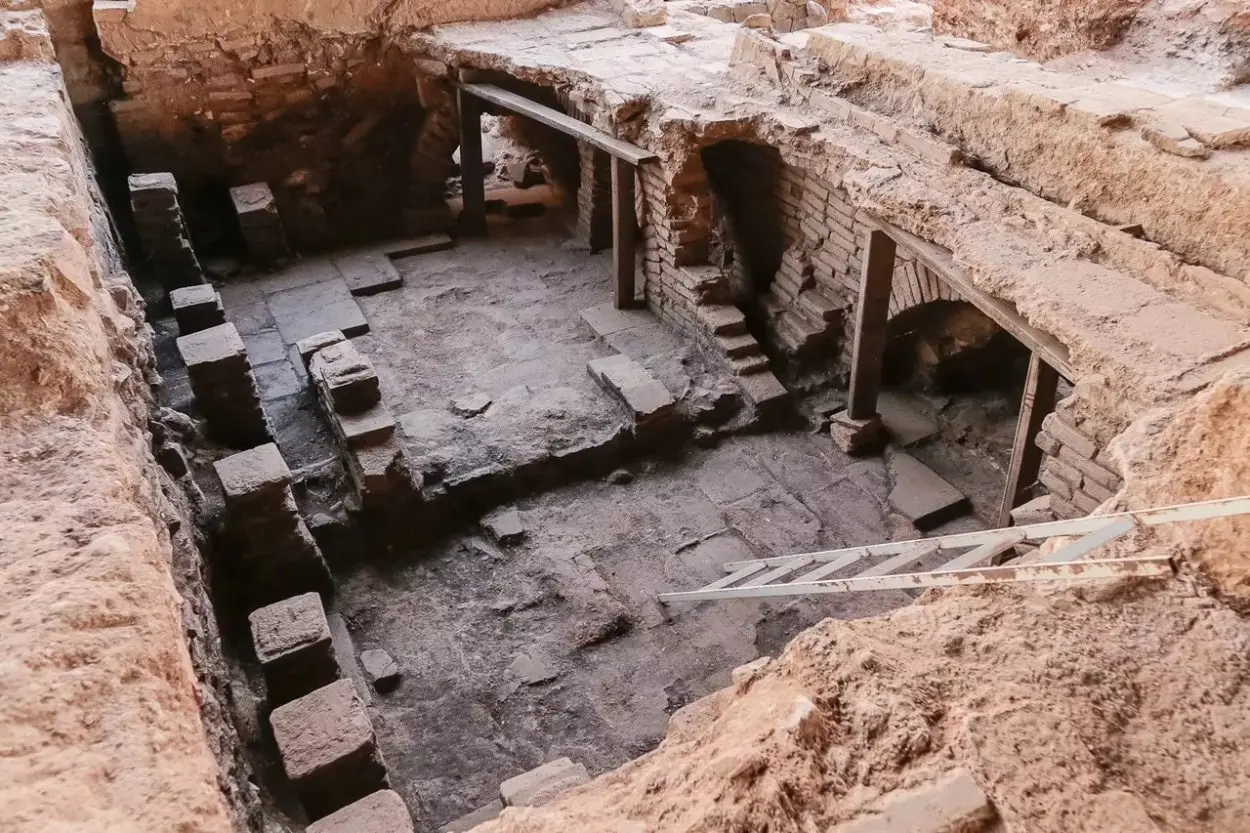Archaeologists excavating in Augusta Emerita, a Roman colony in Mérida, Spain, have uncovered a large bathing complex next to the city’s Theatre and Amphitheatre.
Augusta Emerita, also called Emerita Augusta, was founded in 25 BC by Augustus to resettle Emeriti soldiers from the veteran legions of the Cantabrian Wars.
The city emerged into one of the largest Roman centres in Hispania and the capital of the province of Lusitania, covering an area of over 20,000 square kilometres.
Augusta Emerita was strategically positioned at the convergence of several crucial routes, closely located near the crossing of the Guadiana river. It was linked by Roman roads in various directions: westward to Felicitas Julia Olisippo (Lisbon), southward to Hispalis (Seville), northwestward to the gold mining area, and also connected to Corduba (Córdoba) and Toletum (Toledo).
Excavations conducted by the Emeritense Consortium, and students from the University of Granada, found the remains of a bathing complex in an area first studied during the 1940’s at the Casa del Amphitheatre, a large domus built around a porticoed, trapezoidal courtyard with a garden in the centre.
According to Ana María Bejarano, an archaeologist from the Consortium responsible for the excavations, the team uncovered preserved public baths in the excavation area, suggesting that the Casa del Amphitheatre was not a typical domus, but a public complex linked to the shows of the Meritense amphitheatre.
Félix Palma, Director of the Consortium, said: “We are excavating the continuation of the Casa del Amphitheater whose limits are unknown to complete its chronology, but the most important thing is that they have found some fantastic baths of an enormous size for what is a standard Roman house.”
Header Image Credit : Merida City Hall





